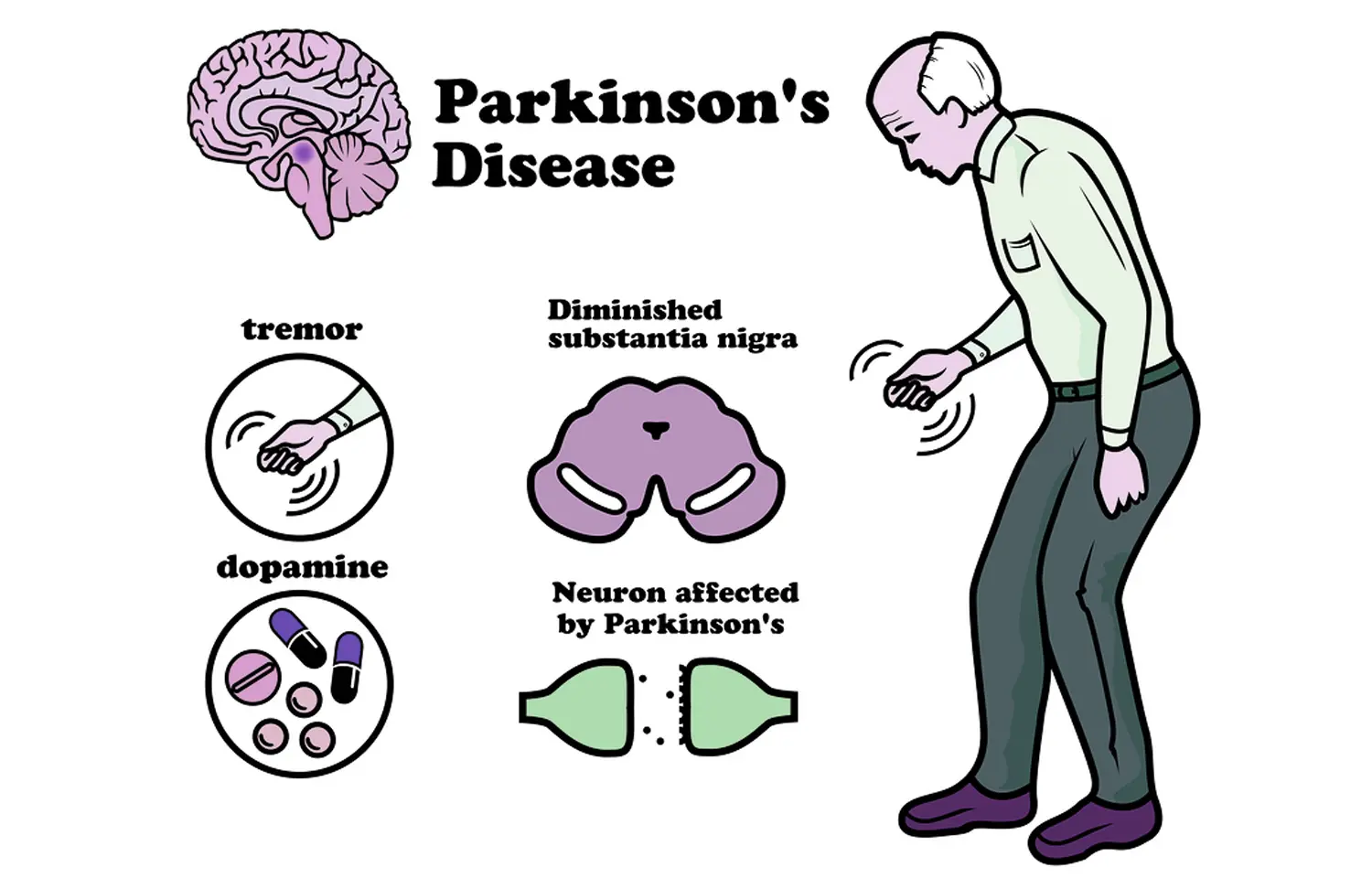- Home
- Medical news & Guidelines
- Anesthesiology
- Cardiology and CTVS
- Critical Care
- Dentistry
- Dermatology
- Diabetes and Endocrinology
- ENT
- Gastroenterology
- Medicine
- Nephrology
- Neurology
- Obstretics-Gynaecology
- Oncology
- Ophthalmology
- Orthopaedics
- Pediatrics-Neonatology
- Psychiatry
- Pulmonology
- Radiology
- Surgery
- Urology
- Laboratory Medicine
- Diet
- Nursing
- Paramedical
- Physiotherapy
- Health news
- Fact Check
- Bone Health Fact Check
- Brain Health Fact Check
- Cancer Related Fact Check
- Child Care Fact Check
- Dental and oral health fact check
- Diabetes and metabolic health fact check
- Diet and Nutrition Fact Check
- Eye and ENT Care Fact Check
- Fitness fact check
- Gut health fact check
- Heart health fact check
- Kidney health fact check
- Medical education fact check
- Men's health fact check
- Respiratory fact check
- Skin and hair care fact check
- Vaccine and Immunization fact check
- Women's health fact check
- AYUSH
- State News
- Andaman and Nicobar Islands
- Andhra Pradesh
- Arunachal Pradesh
- Assam
- Bihar
- Chandigarh
- Chattisgarh
- Dadra and Nagar Haveli
- Daman and Diu
- Delhi
- Goa
- Gujarat
- Haryana
- Himachal Pradesh
- Jammu & Kashmir
- Jharkhand
- Karnataka
- Kerala
- Ladakh
- Lakshadweep
- Madhya Pradesh
- Maharashtra
- Manipur
- Meghalaya
- Mizoram
- Nagaland
- Odisha
- Puducherry
- Punjab
- Rajasthan
- Sikkim
- Tamil Nadu
- Telangana
- Tripura
- Uttar Pradesh
- Uttrakhand
- West Bengal
- Medical Education
- Industry
CSF DOPA Decarboxylase emerging biomarker for Parkinsonian disorders

In a significant stride towards early detection and prognosis of Parkinsonian disorders, a recent study published in the Nature Aging Journal revealed the potential of cerebrospinal fluid levels of DOPA decarboxylase (DDC) as a highly accurate biomarker.
Currently, the diagnosis of Parkinsonian disorders heavily relies on clinical criteria, which tend to have limited sensitivity until a substantial loss of dopaminergic neurons has occurred. However, this new research has unveiled the remarkable ability of DDC to pinpoint Lewy body disease (LBD) with an impressive accuracy rate. The area under the curve (AUC) stands at 0.89, with a false discovery rate (FDR) of 2.6 x 10^-13, making it a highly reliable diagnostic tool.
Moreover, the study suggests that DDC levels are not only linked to the presence of LBD but also correlate with cognitive decline. Patients with elevated DDC levels exhibited worse cognitive performance, reinforcing the significance of this biomarker in understanding and managing these conditions.
One of the most exciting findings is that DDC can detect preclinical stages of LBD, even in individuals who are clinically asymptomatic but test positive for abnormal alpha-synuclein through a seed amplification assay. With an AUC of 0.81 and a P-value of 1.0 x 10^-5, this discovery could lead to early intervention and treatment strategies for those at risk.
Additionally, the research suggests that DDC levels can predict the progression from preclinical stages to clinical LBD over a three-year period. The hazard ratio for this transition is 3.7 per standard deviation change, further underlining DDC's potential as a prognostic tool.
Remarkably, elevated DDC levels were also observed in atypical Parkinsonian disorders, setting it apart from non-Parkinsonian neurodegenerative disorders. These findings were replicated in an independent cohort, where it was further demonstrated that DDC levels in plasma can serve as an effective diagnostic marker for both LBD and atypical Parkinsonian disorders.
With further validation and refinement, DDC could soon become an essential tool in clinical practice, allowing for timely intervention and improved outcomes for patients with these challenging conditions.
Source:
Pereira, J. B., Kumar, A., Hall, S., Palmqvist, S., Stomrud, E., Bali, D., Parchi, P., Mattsson-Carlgren, N., Janelidze, S., & Hansson, O. (2023). DOPA decarboxylase is an emerging biomarker for Parkinsonian disorders including preclinical Lewy body disease. In Nature Aging. Springer Science and Business Media LLC. https://doi.org/10.1038/s43587-023-00478-y
Neuroscience Masters graduate
Jacinthlyn Sylvia, a Neuroscience Master's graduate from Chennai has worked extensively in deciphering the neurobiology of cognition and motor control in aging. She also has spread-out exposure to Neurosurgery from her Bachelor’s. She is currently involved in active Neuro-Oncology research. She is an upcoming neuroscientist with a fiery passion for writing. Her news cover at Medical Dialogues feature recent discoveries and updates from the healthcare and biomedical research fields. She can be reached at editorial@medicaldialogues.in
Dr Kamal Kant Kohli-MBBS, DTCD- a chest specialist with more than 30 years of practice and a flair for writing clinical articles, Dr Kamal Kant Kohli joined Medical Dialogues as a Chief Editor of Medical News. Besides writing articles, as an editor, he proofreads and verifies all the medical content published on Medical Dialogues including those coming from journals, studies,medical conferences,guidelines etc. Email: drkohli@medicaldialogues.in. Contact no. 011-43720751


